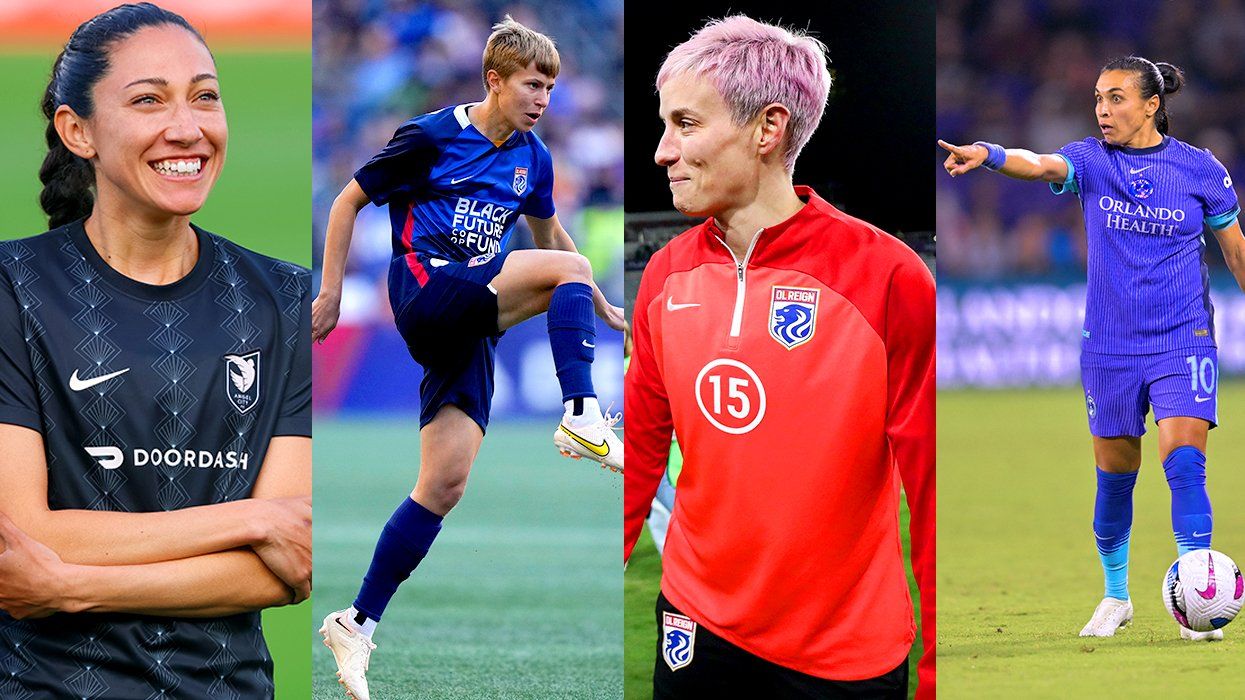What's Going on in Missouri?
Missouri may have the most complicated legal situation around marriage equality right now, but all you really need to know are a few basic facts:
There are four marriage lawsuits in Missouri at the moment. One is fairly new and hasn't had a ruling yet, but in the other three, judges have ruled in favor of marriage equality.
In one of the cases, Barrier v. Vasterling, a state judge ruled in October that Missouri must recognize marriages performed out of state. The state did not appeal that ruling, which means that residents can get married in another state and then bring their marriage license with them back to Missouri. The Missouri General Assembly attempted to block cities from recognizing those licenses, but Judge J. Dale Youngs ruled that the legislature's deadline to do so had passed.
In another state-level case, State of Missouri v. Jennifer Florida, Judge Rex Burlison ruled in September that the state's marriage ban is unconstitutional. This decision only applies to the city of St. Louis and has been stayed, so same-sex couples can't get married yet.
In a third case, Lawson v. Jackson County Department of Recorder of Deeds, a federal judge ruled in November that the state's ban is unconstitutional. Attorney General Chris Koster has appealed that decision to the Eighth Circuit Court of Appeals. (Above: Plaintiffs in Barrier v. Vasterling: Julikka LaChe and Beth Drouant, and Patricia and Adria Webb)
What Happens Next?
The state is appealing two decisions right now, one in state court and the other in federal court. The state case will go to the Missouri Supreme Court, and the federal case to the Eighth Circuit Court of Appeals.
It's still early in the appeals process, so the schedules for the appeals haven't been set yet. In the federal case, the plaintiff couples have asked for an expedited schedule.
How Do Missourians Feel About Marriage?
As in other traditionally conservative states, support for marriage equality has climbed somewhat in recent years but remains below 50 percent.
The most recent survey, conducted in September by The New York Times and CBS, found that 41 percent of voters favor marriage equality, with 47 percent opposed. That's a significant increase from a September 2011 survey by Public Policy Polling, in which marriage equality had 32 percent support and 59 percent opposition.
Missouri voters had an opportunity to weigh in on marriage at the ballot in 2004, with 71 percent supporting a ban written into the state's constitution. The ban had just 29 percent opposition. The only city with a majority opposing the measure was St. Louis.
Can Gay and Lesbian Couples Get Married in Missouri?
Only in a very few locations at the moment. The City of St. Louis is currently issuing licenses, along with St. Louis County and Jackson County.
There may be some question as to how these marriages will be treated. It's possible that some state agencies might refuse to recognize them until all of the litigation is complete. St. Louis and Jackson County simply decided to start issuing the licenses without having been ordered to do so.
In the meantime, Missouri residents can obtain marriage licenses in other states, which Missouri will recognize.
What Are the Arguments for Marriage Equality?
The Missouri cases are similar to other recent marriage equality litigation, claiming that marriage is a fundamental right and that same-sex marriage bans violate the Due Process and Equal Protection clauses of the U.S. Constitution.
The plaintiff couples also argued that the 1972 case Baker v. Nelson, which some states have used to try to protect their marriage bans, is no longer binding.
District Court Judge Ortrie D. Smith agreed with these arguments in November, finding that the Missouri ban violates the U.S. Constitution. In addition, Smith ruled that the Baker case has been superseded by later Supreme Court rulings.
Finally, Smith ruled that the deprivation of marriage equality causes irreparable harm, and that the state must allow marriages to begin as soon as the judgment is final. That means that couples will still have to wait for an appeal to conclude before they can marry statewide.
What Are the Arguments Against Marriage Equality?
The state of Missouri argued that it should be allowed to regulate marriage without having to worry about the requirements of the U.S. Constitution. The federal district court dismissed that claim, writing that although states have traditionally been allowed to establish their own marriage rules, "this power is not a talisman that automatically wards off all constitutional challenges."
The state also argued that the 2006 Bruning case found that marriage bans are constitutional. But U.S. District Judge Smith ruled that Bruning was about "access to the political process," not about constitutional issues.
The state's weakest argument is that the marriage ban "satisfies governmental interests because it creates a rule that can be applied by the recorders of deeds and others." Essentially, the state is saying that they are justified in creating a marriage ban because it allows them to uniformly apply a rule.
"But then, all restrictions create rules," Smith pointed out, "so by the State’s logic any restriction is automatically constitutional simply because it creates rules that can be followed." The court rejected this circular logic and overturned the ban.
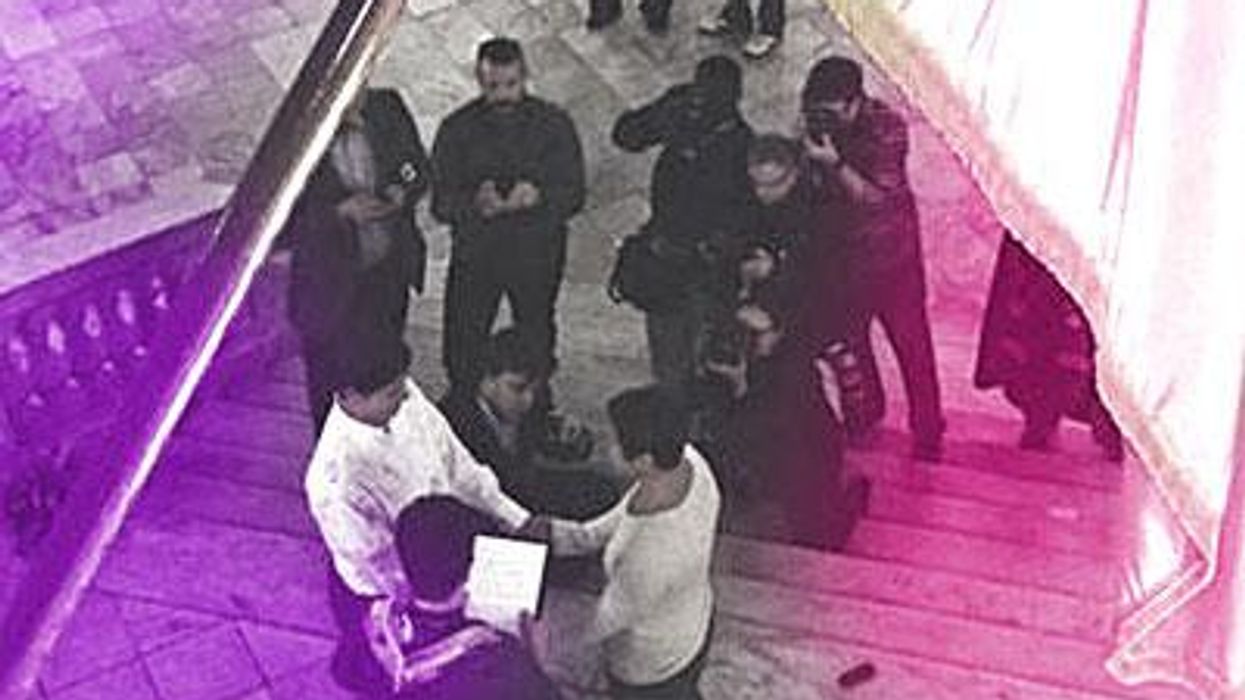















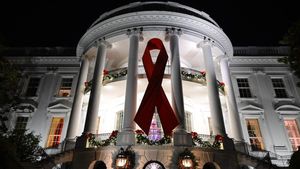
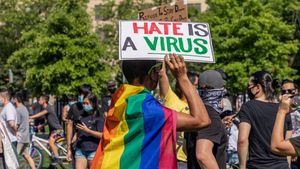














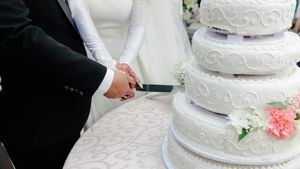











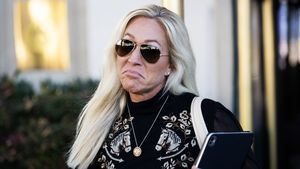

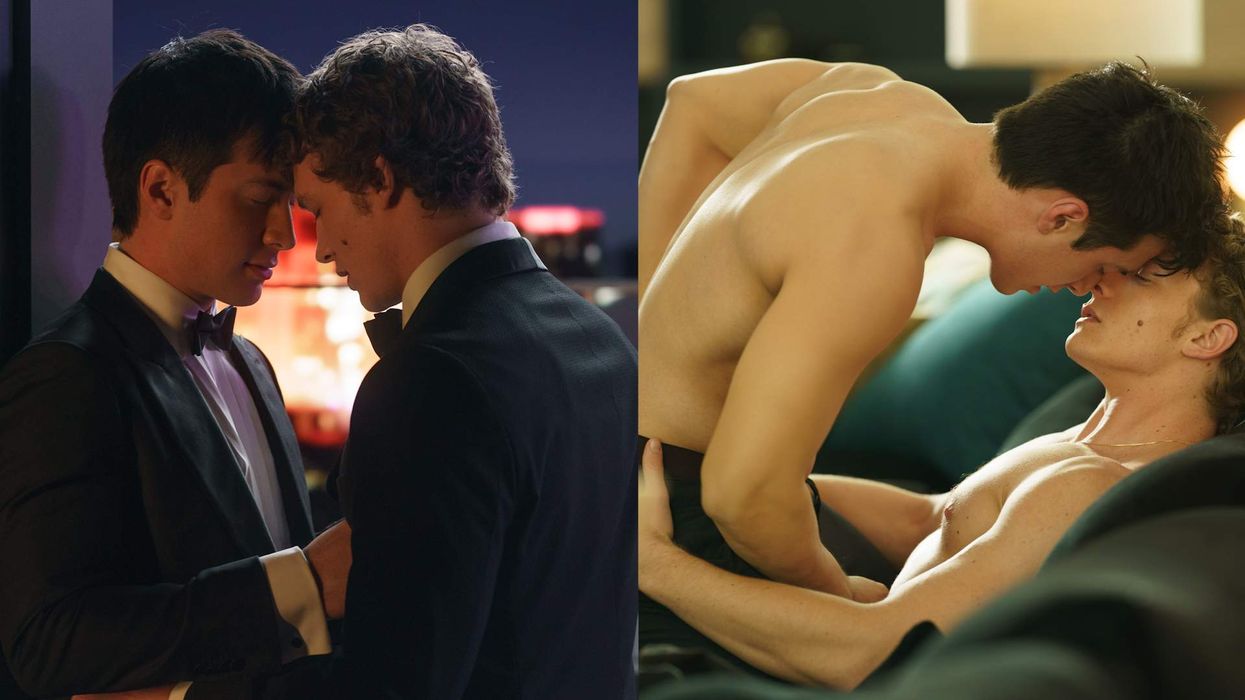
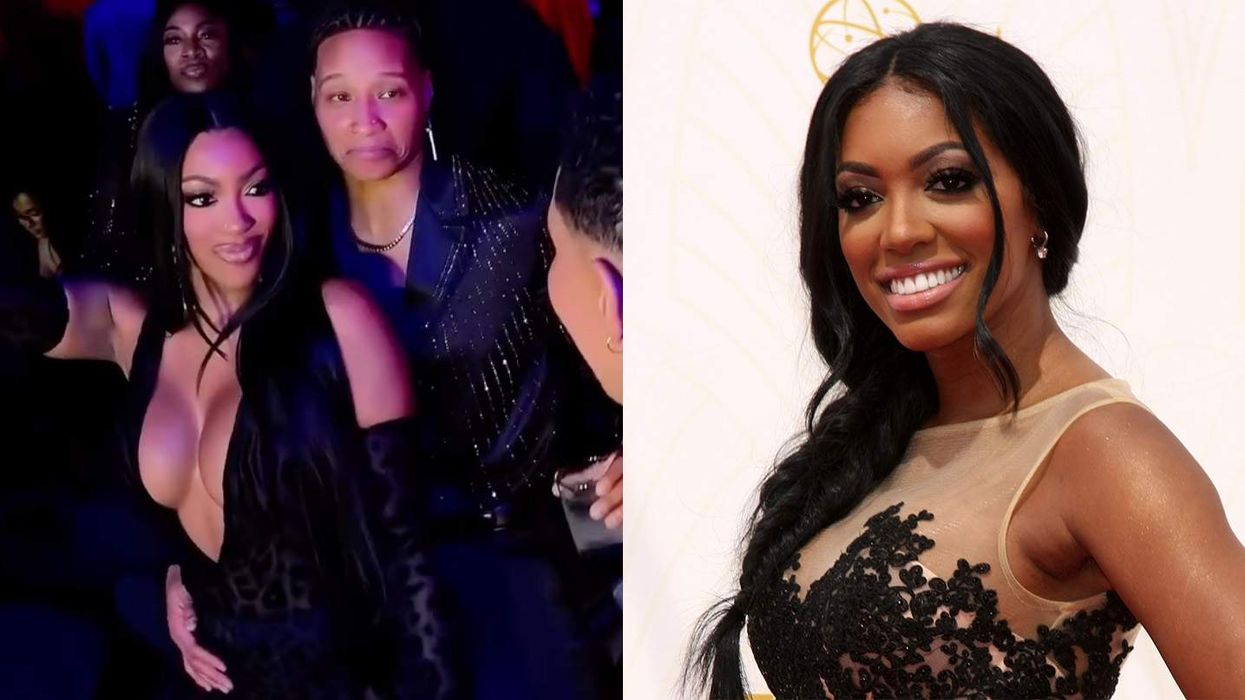



































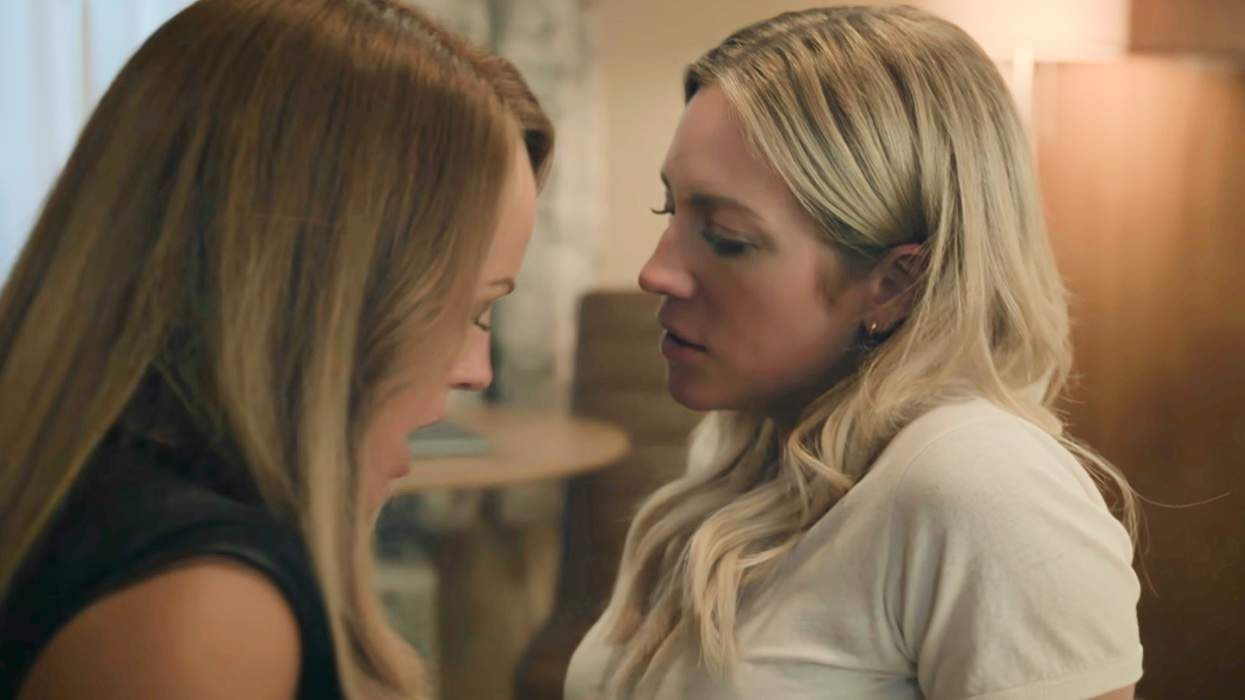



 Cindy Ord/Getty Images
Cindy Ord/Getty Images
























